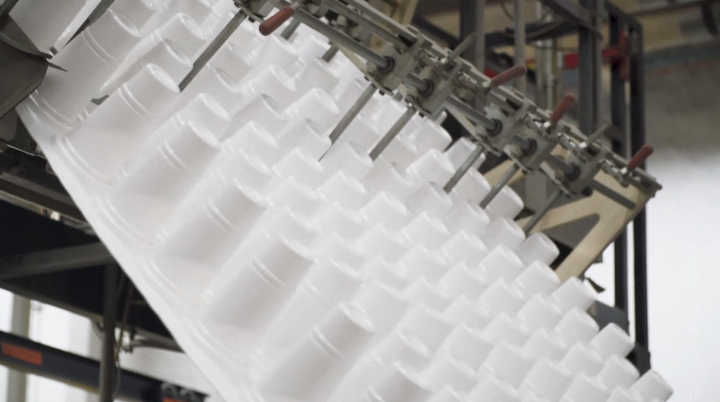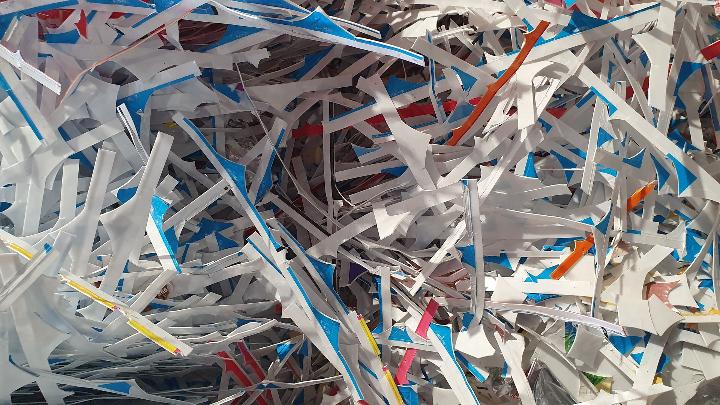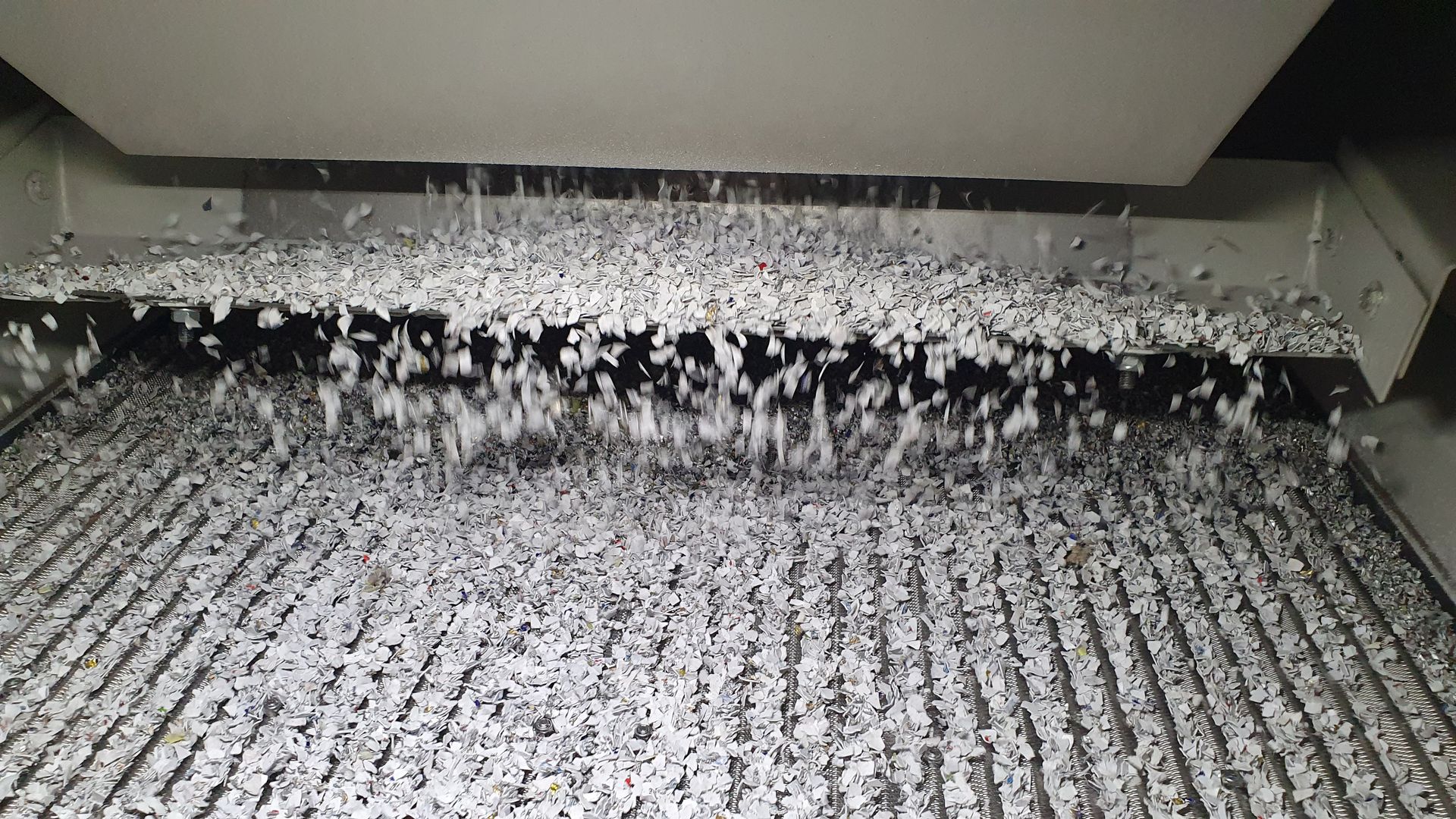Many of us eat yogurt packed in convenient single-portion cups or put cream in our coffee using a coffee cream cup. Next time have a closer look at the packaging. Did you ever wonder how yogurt or coffee cream cups are made?
It starts with a sheet of plastic, often made from polystyrene, which is heated to a specific temperature. Next, the heated sheet is formed into cups by a combination of air and mechanical means forming the sheet into multiple cavities of the desired shape. This is called thermoforming.

These formed sheets, with yogurt or coffee cream cup cavities, are filled with product and sealed with an aluminum lidding film. Finally, the cups are punched from the sheet leaving cutting waste that was used to connect the individual cups but now covered with an aluminum layer.

This combination of polymer and aluminum (so-called PolyAl) is classified as pre-consumer (aka post-industrial) waste.
Being contaminated with aluminum, it cannot be used again to produce yogurt or milk cream packaging. MATCO PLASTICS developed a unique patented process to recover the polymer and aluminum resulting in high-quality polystyrene and aluminum that can be used again to produce more sustainable products.

This mechanically recycled polystyrene cannot be used again for the production of sheet for food packaging as this is not allowed by legislation. It can however be used for non-food application making it a more sustainable alternative to virgin polystyrene.
The pre-consumer recycled polystyrene (PIR) grades are sold under the EURASTIR brand.